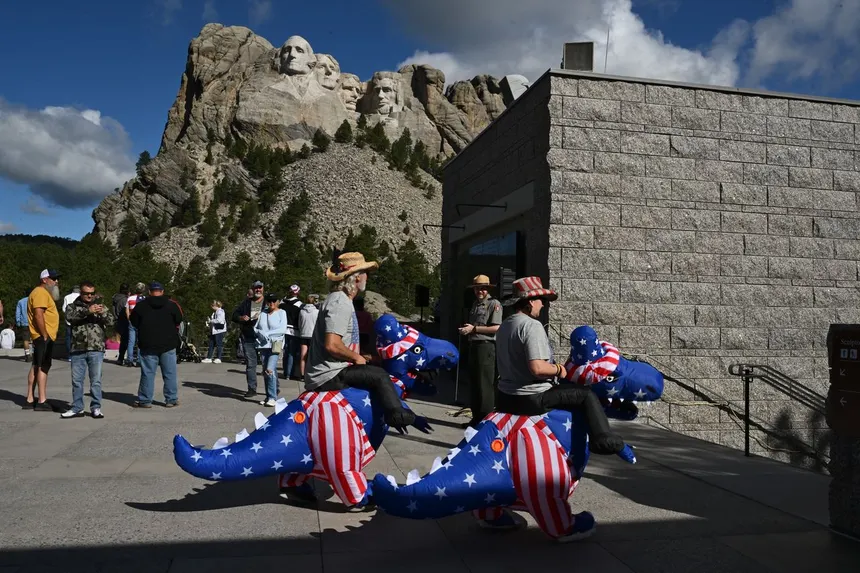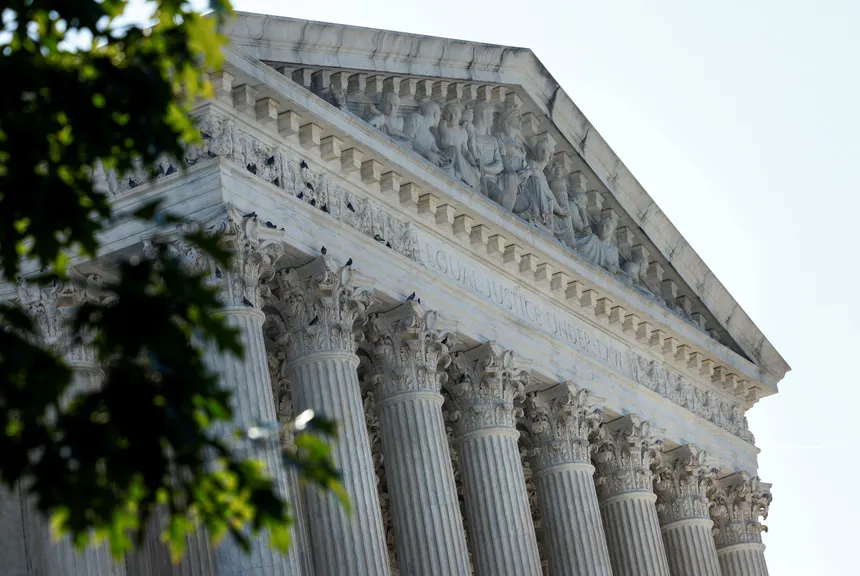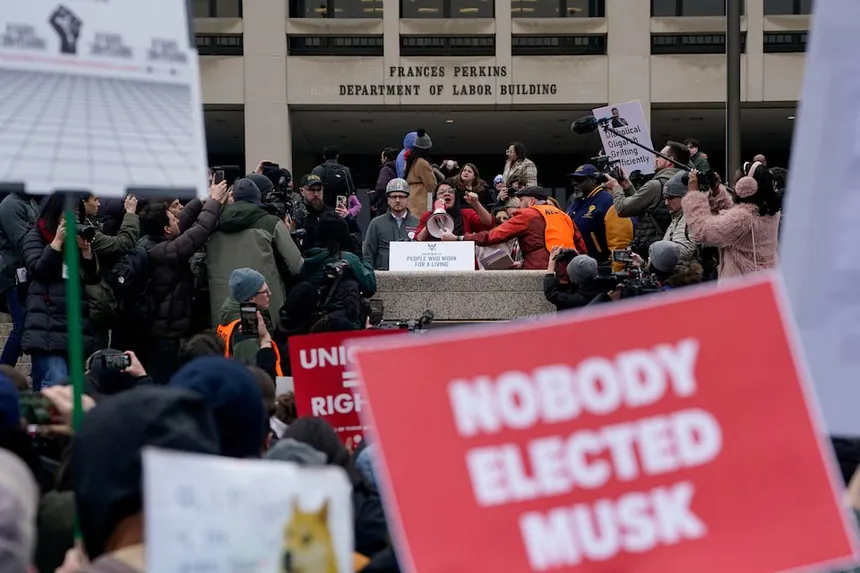A Heated Political Battle
Louisiana’s electoral map has sparked a major political debate, with accusations of gerrymandering raising concerns about fair representation. The controversy erupted when lawmakers proposed new district boundaries, which critics argue favor one political party over another. With legal battles and public outcry intensifying, the fight over Louisiana’s voting map is shaping up to be a crucial issue for democracy.
What is Gerrymandering?
Before diving into the controversy, it’s important to understand what gerrymandering is. Gerrymandering refers to the practice of drawing electoral district boundaries in a way that benefits a particular political party, group, or candidate. It can be done in two major ways:
- Packing: Concentrating voters of a certain group into one district to reduce their influence elsewhere.
- Cracking: Splitting up voters of a particular group across multiple districts to dilute their voting power.

Background of Louisiana’s Electoral Map Dispute
Louisiana, like all U.S. states, must redraw its electoral maps every ten years based on the latest census data. The goal is to ensure fair representation by adjusting districts to reflect population changes. However, the process has become a battleground between political parties, with accusations that the new maps are unfairly drawn to favor Republicans.
- The Old Map vs. The New Map: The previous electoral map had a majority of Republican-leaning districts, and the newly proposed map appears to follow a similar pattern.
- Demographic Changes: Critics argue that Louisiana’s Black population, which makes up about 33% of the state, is not adequately represented in the new map.
- Legal Challenges: Civil rights groups and Democrats have filed lawsuits, claiming that the new districts violate the Voting Rights Act by failing to create a second majority-Black district.
The Role of the Supreme Court
The legal battle over Louisiana’s electoral map has reached the courts, with the possibility of intervention from the U.S. Supreme Court. Key legal issues include:
- Voting Rights Act Compliance: Plaintiffs argue that the new map violates Section 2 of the Voting Rights Act, which prohibits racial discrimination in voting.
- Precedents from Other States: Similar gerrymandering cases in Alabama and North Carolina could influence the ruling in Louisiana.
- Potential Outcomes: If the courts rule against the current map, lawmakers may be forced to redraw the districts, possibly shifting political power.

Political Reactions and Public Outrage
The controversy has triggered strong reactions from both political parties and advocacy groups.
- Republicans Defend the Map: Republican lawmakers argue that the new districts were drawn fairly based on population data and that accusations of gerrymandering are politically motivated.
- Democrats and Civil Rights Groups Push Back: Democrats, along with voting rights organizations, claim that the map is designed to suppress Black voters and ensure Republican dominance.
- Public Protests and Rallies: Activists and community leaders have organized protests, demanding fair representation and urging courts to take action.
How This Could Impact Future Elections
The outcome of this legal fight could have far-reaching consequences for Louisiana and beyond:
- Congressional Balance of Power: The ruling on Louisiana’s map could influence the overall balance of power in Congress.
- Voting Rights Precedents: A Supreme Court decision could set a precedent for other states accused of gerrymandering.
- Voter Engagement: Controversies like this often increase voter awareness and participation in elections.

What Happens Next?
As legal challenges continue, Louisiana’s electoral future remains uncertain. Possible next steps include:
- Court Rulings: A decision from the Supreme Court or lower courts could require lawmakers to redraw the map.
- Legislative Action: State lawmakers might revise the districts voluntarily to avoid legal consequences.
- Continued Advocacy: Civil rights groups and political activists will likely keep fighting for what they see as fair representation.
Conclusion: A Battle Over Democracy
The fight over Louisiana’s electoral map is more than just a political dispute—it’s a battle for fair representation. Whether the courts side with lawmakers or voting rights advocates, the case will have a lasting impact on Louisiana’s elections and the broader struggle against gerrymandering in the U.S. As the controversy unfolds, all eyes remain on Louisiana to see how this pivotal voting rights issue will be resolved.
Do Follow USA Glory For More Updates.






